Indirectly Aiding Ukraine
Amidst the ongoing Russo-Ukrainian War, the Japanese government has slightly eased its ban on weapons export and decided to send Patriot missiles to the United States.
These are the Patriot-3 missiles used by the Japan Air-Self Defense Force (JASDF) as the last line of defense against incoming ballistics projectiles, and are license-produced by Mitsubishi Heavy Industries.
Obviously, the Patriot missiles originate in the United States, so exporting them back to the US seems like an odd thing to do.
The reason behind such action is to replenish US stockpiles, thereby indirectly supporting Ukraine.
Japan has long upheld its Three Principles on Arms Exports, which essentially prohibits the export of military equipment, but this was practically nullified by a new set of principles laid out in 2014.
The new principles allow for certain equipment to be exported under scrutiny and stringent control, although lethal weapons or directly providing equipment to parties under conflict are still prohibited.
That being said, the Kishida administration revised the guidelines in March 2022, making Ukraine an exception for sending direct assistance.
Despite these efforts, the scope of military aid remains strictly to the non-lethal realm, requiring the purpose to match one of the five following categories – rescue, transportation, early warning, surveillance, and minesweeping.
Since the Patriot missiles possess lethal capabilities and do not fall under any of these five categories, Japan cannot directly send the missiles to Ukraine yet.
But, the existing guidelines do permit Japan to export licensed-produced equipment to its origin upon request from the licensor. Using this justification or legal loophole, Japan will first send its Patriot missiles to the US who will then use its own inventory to supply Ukraine with the same number.
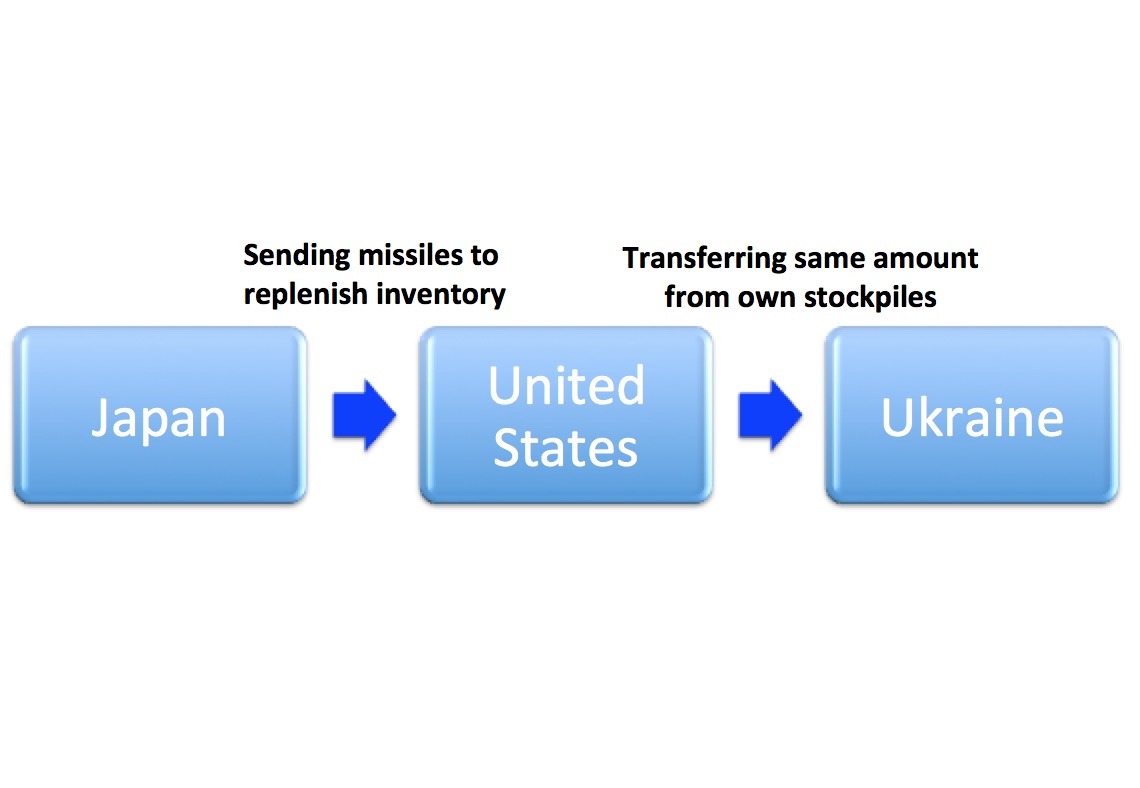
Whether Washington would actually take the hassle of using its stock or simply pass along the received missiles to Kyiv remains to be seen.
In any case, this somewhat sneaky method allows Japan to aid Ukraine while avoiding direct confrontation with Russia. Additionally, Japan can bypass domestic opposition as it will not be directly engaged in the conflict.
This approach, similar to the three-point system used in Japanese pachinko parlors, is a common tactic for nations looking to support Ukraine without stirring relations with Russia. For instance, South Korea has also utilized this method in sending 155mm artillery shells, although such actions has drawn some backlash from the Kremlin.
What Tokyo Expects
Now, although this act represents the desire to contribute to international security, we must remember that Japan does not actually have Patriot missiles in abundance.
On the contrary, it was recently revealed that only 60% of the PAC-3 missiles required for missile defense have been secured, highlighting a significant shortage.
So, does this mean Japan is trying to send assistance even at the expense of its own security?
Well, the answer is both yes and no.
Although ammunition shortage is not limited to Patriot missiles, as the Self-Defense Forces suffers from chronically low stockpiles, indirectly sending these missiles to Ukraine would mean less arsenal for shielding against ballistic missiles.
However, because ammunitions also have expiration dates, the existing inventory must be either consumed in some manner or dismantled in the long run. Given this reality, its best to provide them to someone in need instead of wasting them or letting them age in munition depots.
On a more pragmatic note, providing Patriot missiles to Ukraine actually benefits Japan as well.
Patriot missiles used in Ukraine to intercept targets will bring valuable data, leading to improvements in the air defense system’s algorithms.
Once updated based on actual combat data, these algorithms can enhance the overall accuracy and effectiveness of the weapon, benefiting all countries using the Patriot system, including Japan.
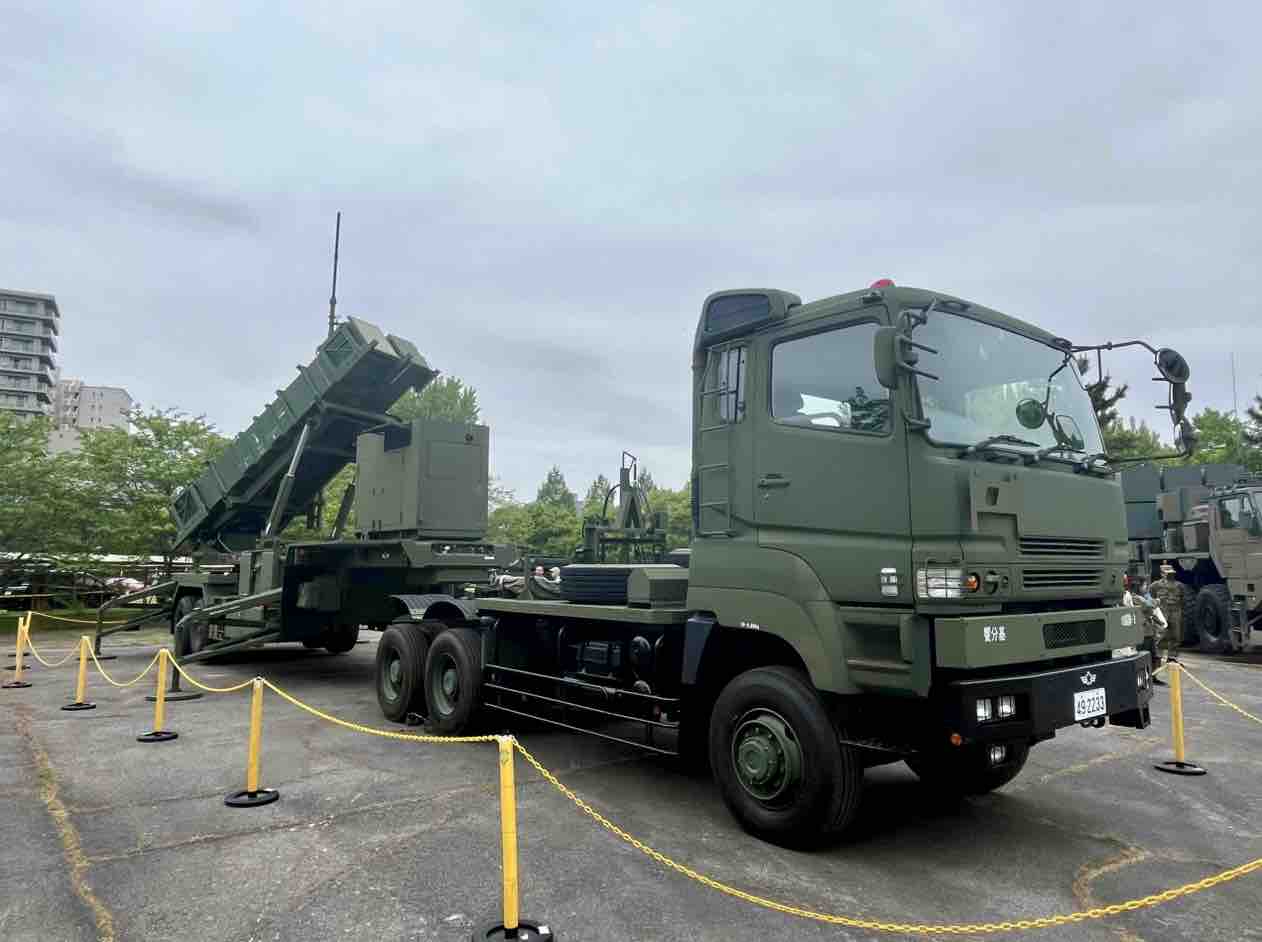 Japanese Patriot battery
Japanese Patriot battery
If we dive more into realpolitik, a Russian victory would definitely not be in the interest of Japan since both nations are hardly on the same page.
Russia has always been considered as a potential threat, especially towards the northern region of Japan, and despite improvement of relations throughout the post Cold War period, Tokyo and Moscow have yet to sign an official treaty of peace.
In other words, there is no formal peace treaty ending the WW2 hostilities between Japan and Russia. Of course, this does not mean both countries are still at war in a practical sense, but they are certainly far from being “besties” with Russia still occupying the Northern Territories.
Hence, from a blatant realistic standpoint, an Ukrainian victory would be in Japan’s interest, as it would impoverish an authoritarian neighbor’s military capacity. After all, Japan and Ukraine are on the same page when it comes to protecting democracy and freedom.


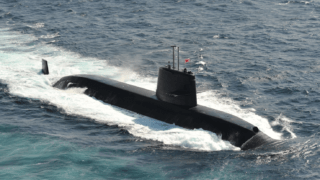
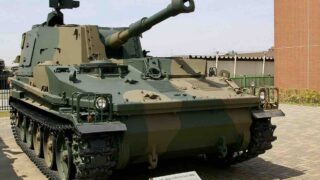
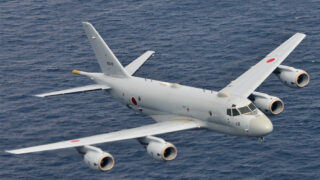
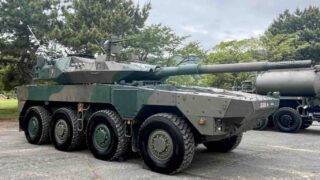
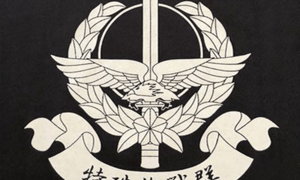

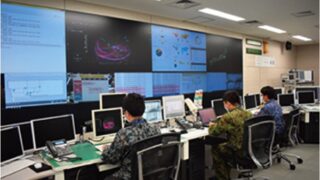
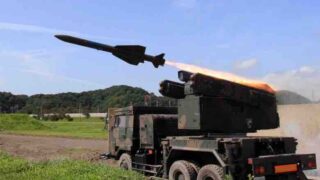
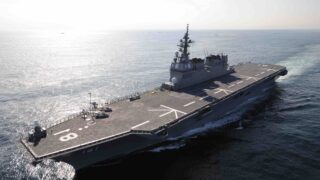
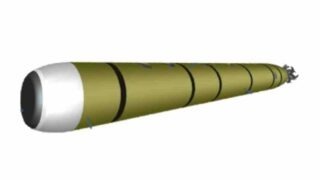
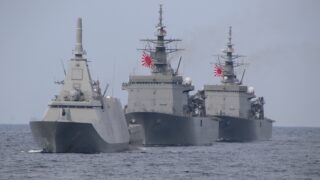

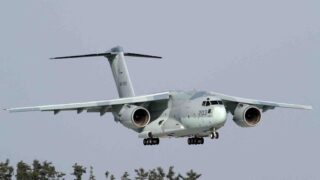


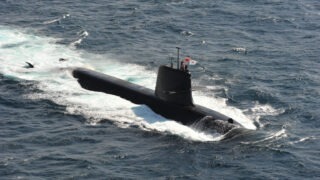
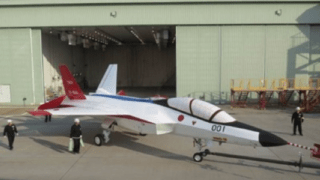
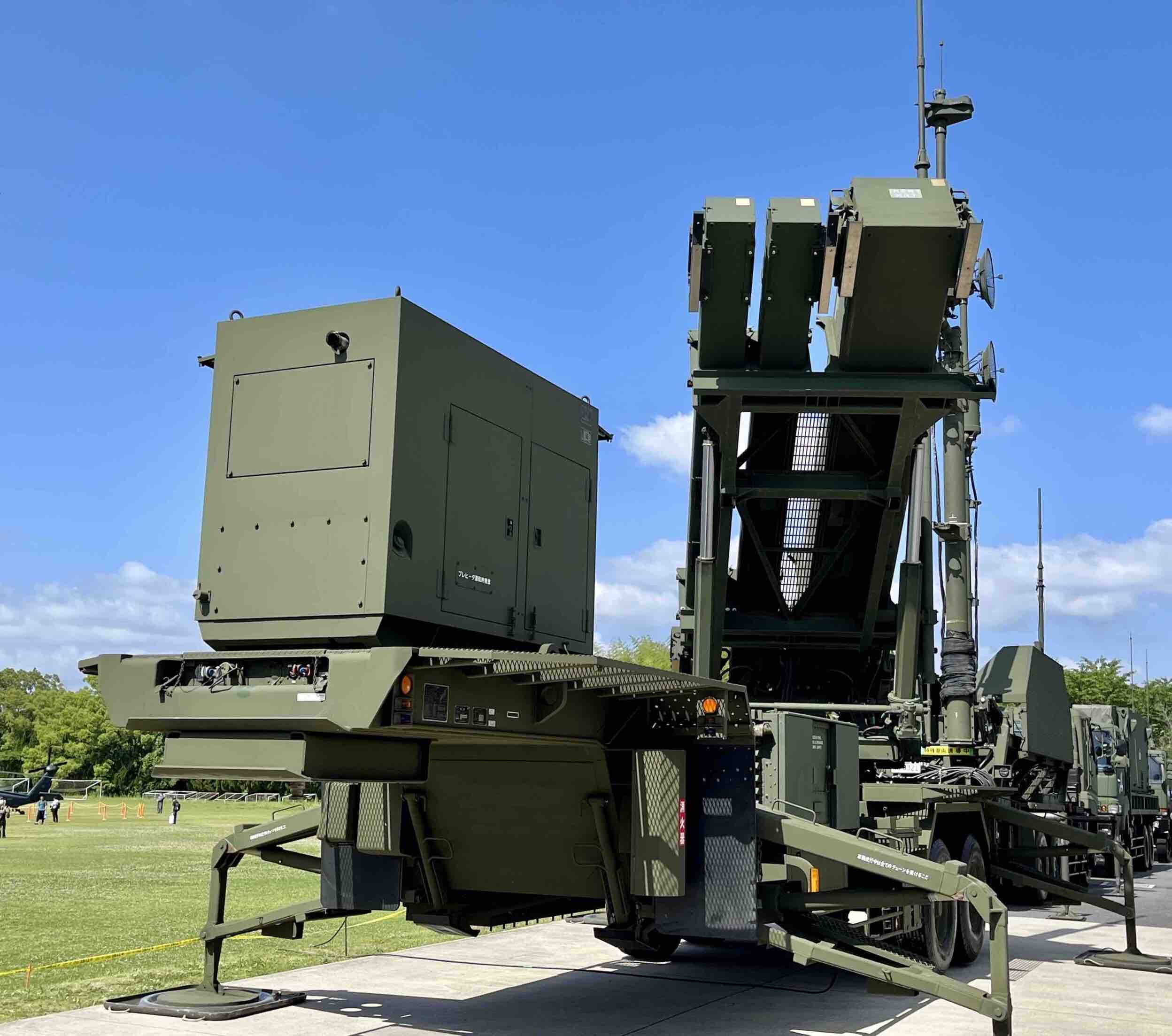
Comments